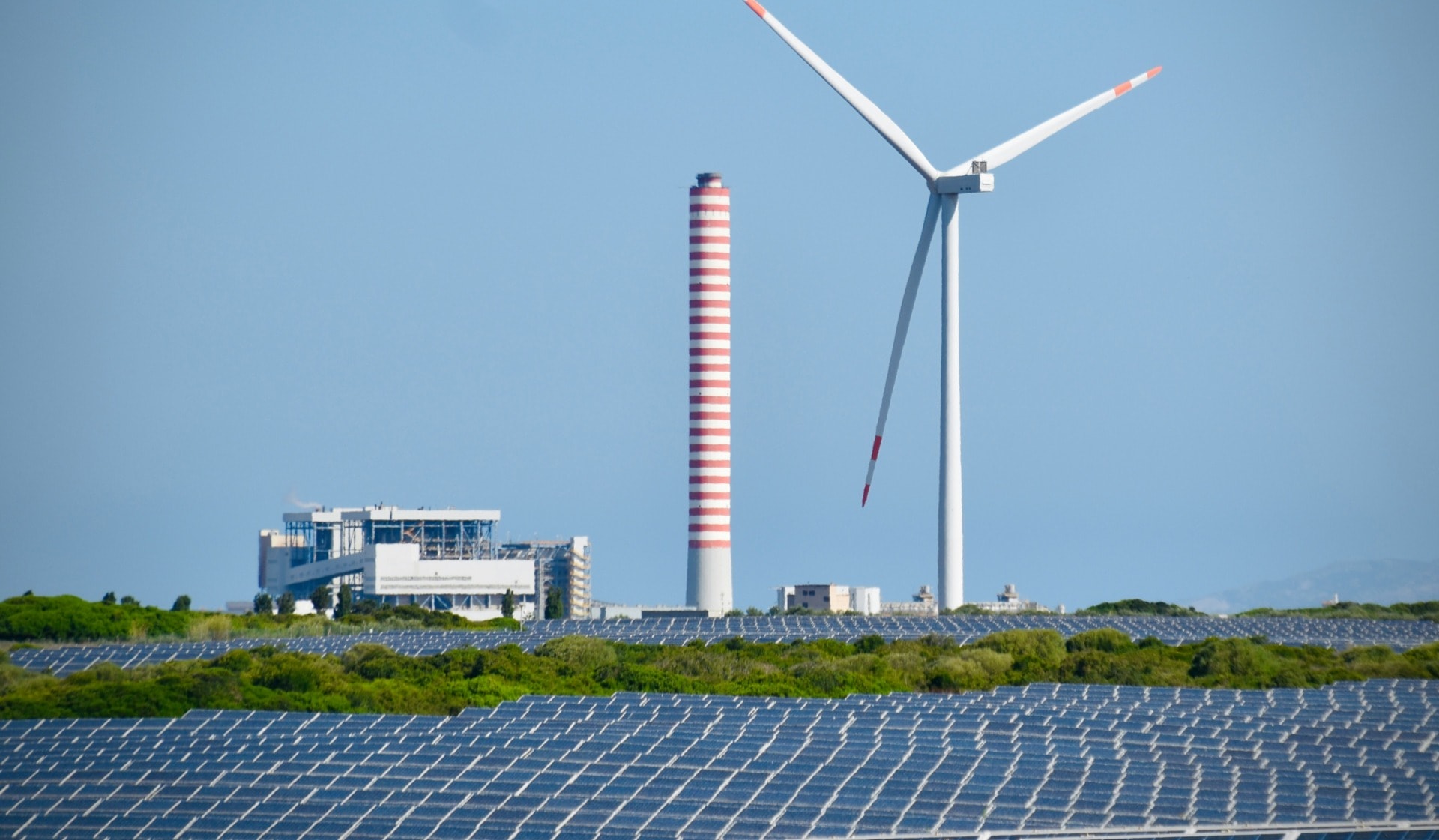The State of the Earth is not an annual message that we look forward to. The report published by Nature, a scientific journal, on the 29th of October reveals that we’ve been undermining the impacts of climate-change-related flooding. And the results are terrifying.
By 2050, major cities all around the world will be submerged, ultimately making them uninhabitable. Bangkok, Shanghai, Bombay, all densely populated, will literally be drowning in the water at an unsettling rate.
By 2050, over 150 million people will be forced to relocate as a result of coastal flooding, St. Louis will experience a 6 degree Fahrenheit increase, and half the world will be subject to interminable war over deteriorating resources and habitable land.

The report states AI was used to rectify incorrect data that had been previously reported, which suggested that many cities were actually at higher elevations – and thus protected – than they really were. Therefore, all predictions of flooding were derived from wrong information, essentially causing people to believe there were fewer effects and more time.
However, if emissions continue to surge and ice caps continue to dissolve, by 2100, cities where over 250 million people live will experience submersion below the water level at high tide – resulting in five times more humans in danger that what previous data had expected.
Although the majority of these effects will primarily impact Asian nations – in particular, China, Bangladesh, India, and Indonesia, this is still an issue that will disrupt every country in the world. 
As people in densely populated cities are forced to find new homes due to increasing climate pressure, it will result in turmoil across borders. And according to the 2019 Worldwide Threat Assessment, the US will be responsible for tackling the immense insecurity that climate change will create.
The United States will probably have to manage the impact of global human security challenges, such as threats to public health, historic levels of human displacement, assaults on religious freedom, and the negative effects of environmental degradation and climate change
Despite the fact that there has already been an established amount of sea level rise planted into the climate system as a result of previous carbon emissions, the study found that immediate trimming in greenhouse gases could lead the world in a direction away from increasing coastal flooding by the end of the century.
“We don’t know whether today’s coastal defenses will be sufficient for tomorrow’s sea levels,” Strauss, chief executive of Climate Central, said. “Every day of warning we’ve had for a hurricane saves lives and property. Every decade counts in preparing for sea-level rise.”
















